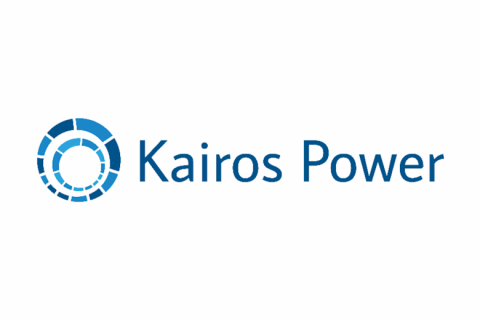Alphabet Stock Price Jumps 1.4 Percent; Google announces Agreement with Kairos Power for Energy Requirements
Alphabet's Google has announced a pioneering agreement to purchase electricity from multiple small modular reactors (SMRs), marking a historic milestone in the corporate energy sector. As artificial intelligence (AI) increases power demand, Google’s deal with Kairos Power aims to ensure a sustainable, round-the-clock energy supply for its operations. This agreement, which is expected to bring the first SMR online by 2030, is a critical step for both the technology and energy sectors. Here’s an in-depth look at the details of the agreement and its broader implications for energy and AI.
Google’s Historic Move Toward Nuclear Energy
World’s First Corporate Agreement with SMRs: In a bold step toward securing its future energy needs, Google has signed the world’s first corporate agreement to source power from small modular reactors (SMRs). Unlike traditional large-scale nuclear reactors, SMRs are smaller, more flexible, and designed to provide a scalable and efficient solution to meet increasing energy demands.
Collaboration with Kairos Power: Under the agreement, Google will partner with Kairos Power, an advanced nuclear technology firm, to bring its first SMR online by 2030, with additional deployments planned through 2035. While the financial terms remain undisclosed, the agreement reflects Google's commitment to exploring innovative, clean energy sources as the tech giant seeks to balance growing electricity needs with sustainability goals.
500 Megawatts of Nuclear Power by 2035
Clean, Reliable Energy for AI-Powered Operations: As part of the deal, Google has agreed to purchase 500 megawatts of power from six to seven small reactors, providing a flexible solution to meet the company’s energy needs. While SMRs generate less power than today’s large nuclear reactors, their ability to supply clean, around-the-clock energy is seen as essential for meeting the high and consistent power demands of AI and other advanced technologies.
Long-Term Energy Strategy: Google’s decision to invest in nuclear energy comes amid a broader push by technology companies to secure reliable and clean energy sources. As AI continues to revolutionize industries and drive up electricity usage, the tech sector is exploring nuclear power as a means of decarbonizing operations while ensuring energy security.
Nuclear Energy and the Future of AI
Rising Power Demand from AI: The rise of artificial intelligence has fundamentally changed the energy landscape, creating unprecedented power demands for data centers and computing infrastructures. AI applications, especially those involving machine learning and large-scale processing, require vast amounts of electricity, and nuclear power is emerging as a viable solution to meet this growing demand.
Nuclear’s Role in a Sustainable Future: In light of the increased energy consumption driven by AI, nuclear power—particularly small modular reactors—is gaining attention for its potential to provide sustainable and reliable energy. Michael Terrell, senior director for energy and climate at Google, emphasized the importance of nuclear energy in fulfilling the company’s need for a clean, around-the-clock power source, stating, “We feel like nuclear can play an important role in helping to meet our demand ... cleanly in a way that's more around the clock.”
The Broader Trend of Tech-Nuclear Partnerships
Growing Corporate Interest in Nuclear Power: Google’s deal with Kairos Power reflects a larger trend in the technology sector. Several other tech giants have signed agreements with nuclear power companies in recent months, highlighting the industry’s growing reliance on nuclear energy to support advanced computing needs. The shift marks the first time in decades that technology firms are turning to nuclear power to meet their increasing energy requirements.
Why Nuclear Energy is Gaining Traction: For technology firms like Google, the appeal of nuclear power lies in its ability to provide stable, low-carbon energy without the intermittency issues associated with solar and wind power. Small modular reactors, in particular, offer a promising path forward due to their scalability and potential to integrate seamlessly into existing energy grids, offering a steady supply of electricity even during peak usage periods.
